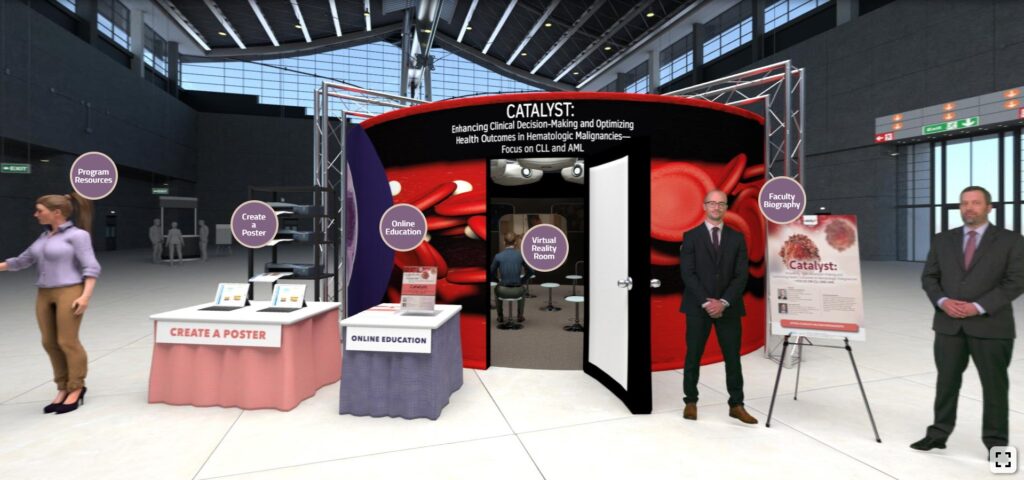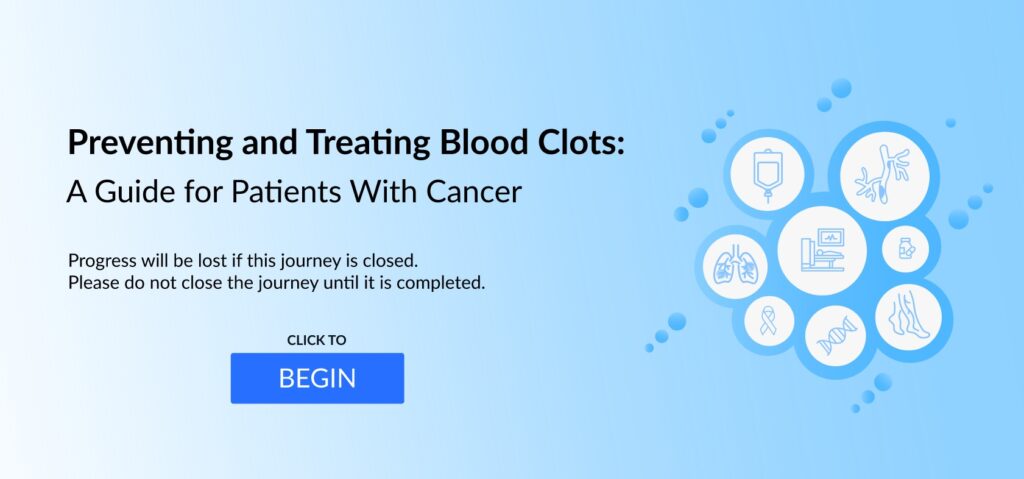This activity is provided by Med Learning Group.
This activity is supported by an independent medical education grant from Regeneron Pharmaceuticals, Inc.
Copyright © 2024 Med Learning Group. Built by Divigner. All Rights Reserved.
HD Visual Learning
HD Visual Learning
Animations
Mobile App Learning
Patient Journey
VR Room Experience
Animations
Personalizing Treatment Across Cutaneous Malignancies
Shared Decision-Making in Oncology
Basal Cell Carcinoma and the Sonic Hedgehog Pathway
Pathogenesis of Basal Cell Carcinoma (BCC)
Hedgehog Pathway inhibitors in Locally Advanced and Metastatic Basal Cell Carcinoma (BCC)
Immunology and the Hedgehog Pathway in Basal Cell Carcinoma (BCC)
Shared Decision-Making in Oncology
Understanding Cell-free DNA (cfDNA)
Understanding the Underlying Science of Current Cancer Screening
Personalizing Treatment Across Cutaneous Malignancies
Shared Decision-Making in Oncology
Immune Dysfunction in Cutaneous Squamous Cell Carcinoma (cSCC)
Personalizing Treatment Across Cutaneous Malignancies
Shared Decision-Making in Oncology
PD1 and CTLA-4 Immune Checkpoints
Novel Immune Targets in Solid and Liquid Tumors
Immune Checkpoint Inhibitors and Immune-Related Adverse Events in Specific Organs
PD-1 Blockade in dMMR/MSI-high Tumors
Immune System Attacking a Cancer Cell
Immune System Escape
Shared Decision-Making in Oncology
The Role of Antibody Drug Conjugates in B-Cell Lymphomas
Understanding the Rationale for Bispecific Antibody Threapy in Relapsed/Refractory B-Cell Lymphomas
Personalizing Treatment Across Cutaneous Malignancies
Shared Decision-Making in Oncology
Developments of PD-L1 and LAG3 Combinations in Advanced Melanoma
Shared Decision-Making in Oncology
Mechanisms of Therapies in Later-Line Multiple Myeloma Management
Mechanisms of Resistance in Multiple Myeloma
Mobile App Learning
Immunotherapy and Immune-Related Adverse Events: How Does It Affect Me?
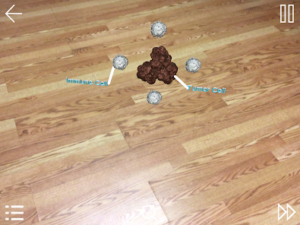
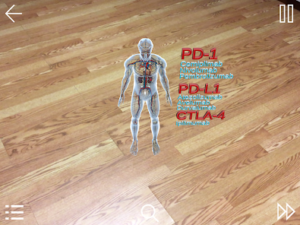
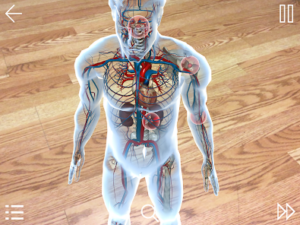
This augmented reality app focuses on immune-related adverse events (IRAEs), which can occur when these therapies turn on the immune system to fight cancer. This tool will take you through the various therapies available; identification, types, grading and management of IRAEs; and ways in which the patient can become more involved.
Non-Small Cell Lung Cancer (NSCLC) and Immunotherapy with PD-L1
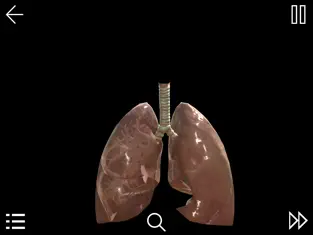
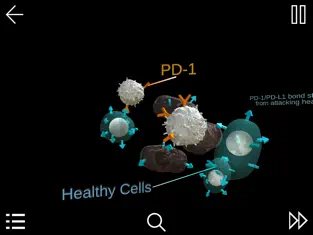
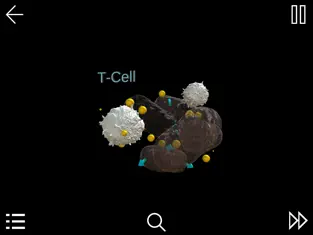
Non-small-cell lung cancer (NSCLC) is 1 of 2 main types of lung cancer. It develops from epithelial cells that line the lung airways and sacs, some of which produce mucus that lubricates and protects the lung. Cancer cells use a variety of ways to avoid the body’s natural defense—the immune system—to continue to grow, invade, and spread. In various types of NSCLC, molecular interactions between PD-1 on our immune system’s T-cells and PD-L1 on cancer cells drive whether or not the body’s immune system will attack a cancer cell. This program will look at the cellular underpinnings of NSCLC, as well as agents—known as checkpoint inhibitors—that target PD-1 or PD-L1 for improved management of this condition.
Squamous Cell Carcinoma of the Head and Neck (SCCHN) and Immunotherapy with PD-L1
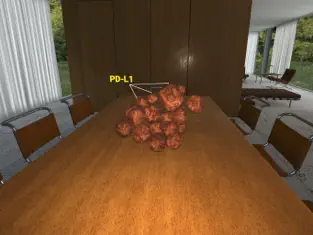
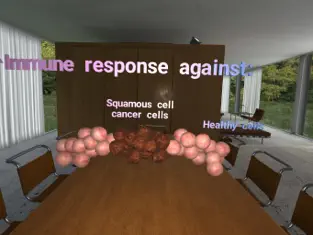
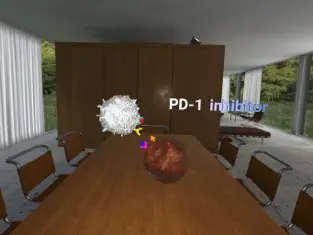
Squamous cell carcinomas of the head and neck (SCCHN) are a group of cancers that develop from a thin, moist layer of squamous cells—called a mucosal surface—that line the inner structures of the head and neck, such as the mouth, nose, and throat. Cancer cells use a variety of ways to avoid the body’s natural defense—the immune system—to continue to grow, invade, and spread. In SCCHN, molecular interactions between PD-1 on our immune system’s T-cells and PD-L1 on cancer cells drive whether or not the body’s immune system will attack a cancer cell. This program will look at the cellular underpinnings of SCCHN, as well as agents—known as checkpoint inhibitors—that target PD-1 or PD-L1 for improved management of this condition.
Melanoma and Immunotherapy with PD-L1
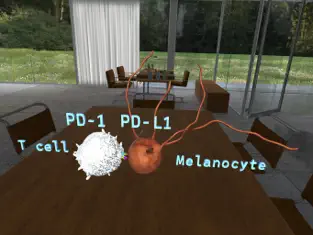
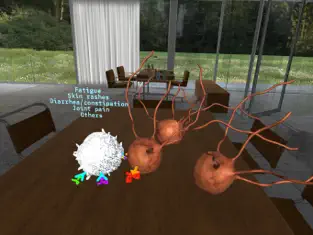
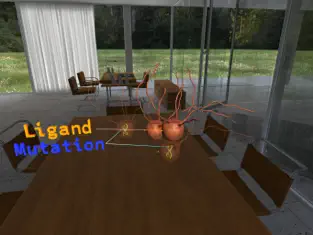
Melanoma is a type of skin cancer in which melanocytes— the cells that give skin its tan or brown color—start to grow out of control. While less common than some other types of skin cancer, melanoma is more likely to grow and spread. Cancer cells use a variety of ways to avoid the body’s natural defense—the immune system—to continue to grow, invade, and spread. In melanoma, molecular interactions between PD-1 on our immune system’s T-cells and PD-L1 on cancer cells drive whether or not the body’s immune system will attack a cancer cell. This program will look at the cellular underpinnings of melanoma, as well as agents—known as checkpoint inhibitors—that target PD-1 or PD-L1 for improved management of this condition.
Patient Journey
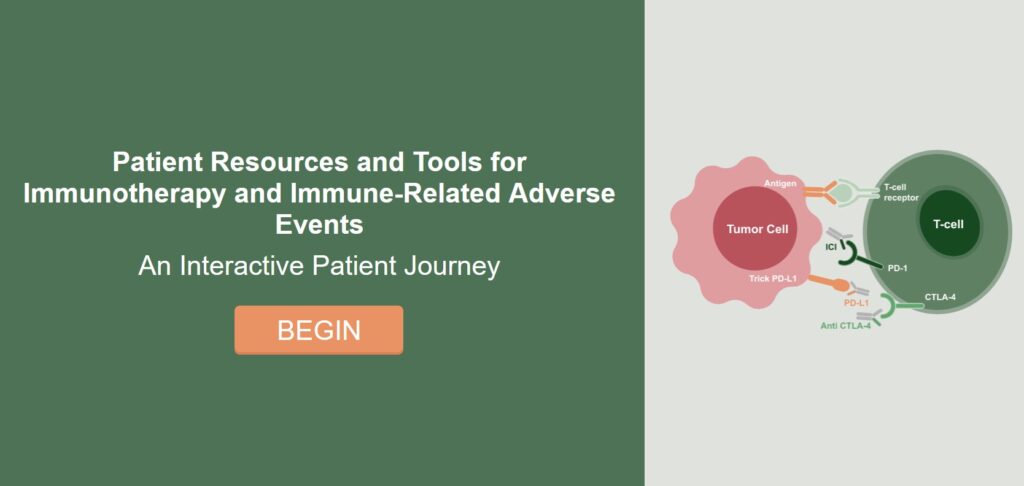
Patient Resources and Tools for Immunotherapy and Immune-Related Adverse Events
Open Patient JourneyVR Room Experience
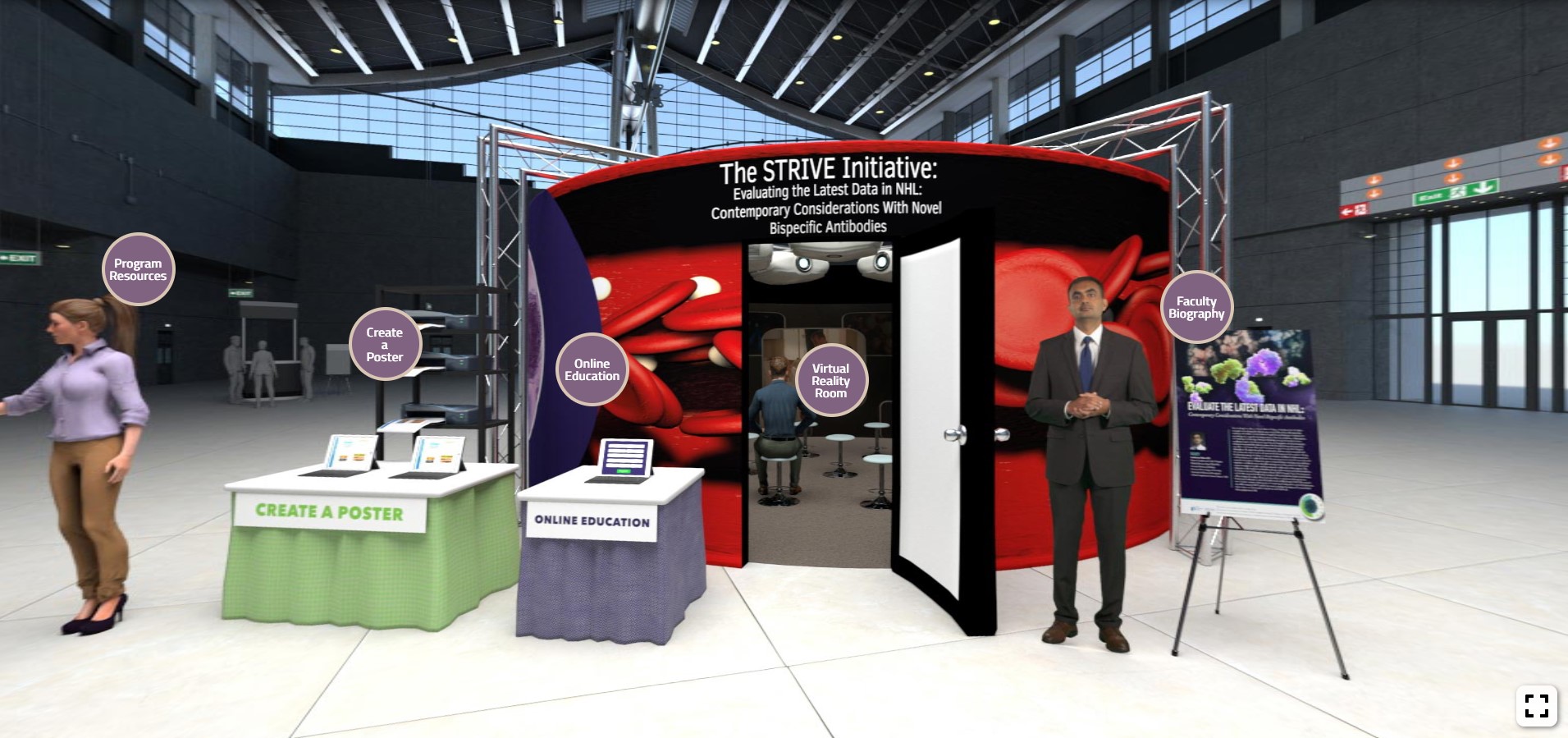
Evaluating the Latest Data in NHL: Contemporary Considerations With Novel Bispecific Antibodies with Dr. Amitkumar Mehta
Virtual Booth
Coming soon!
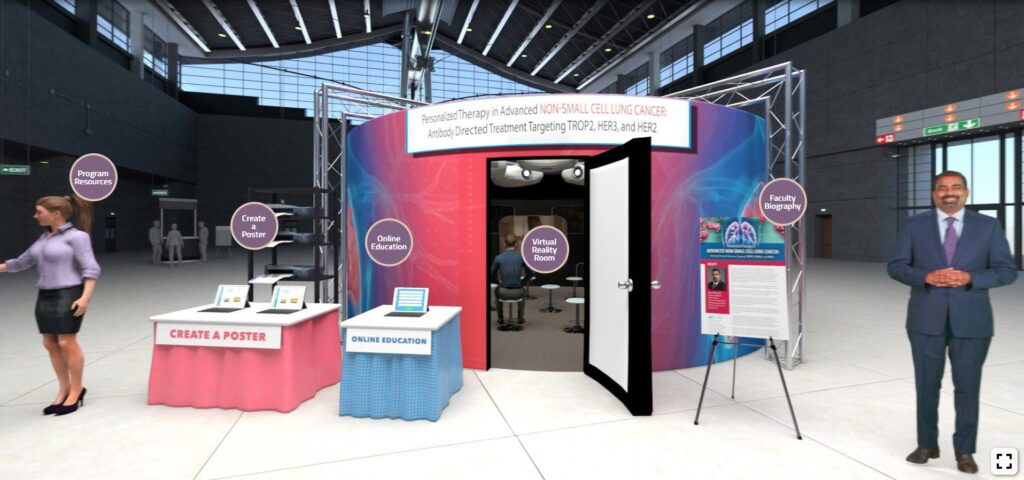

The EMPOWER Initiative: Considerations with Bispecific Antibodies in Development – Understanding Current Data in the Later-Line Relapsed/Refractory Multiple Myeloma Treatment Setting with Dr. Craig Hofmeister
Virtual Booth